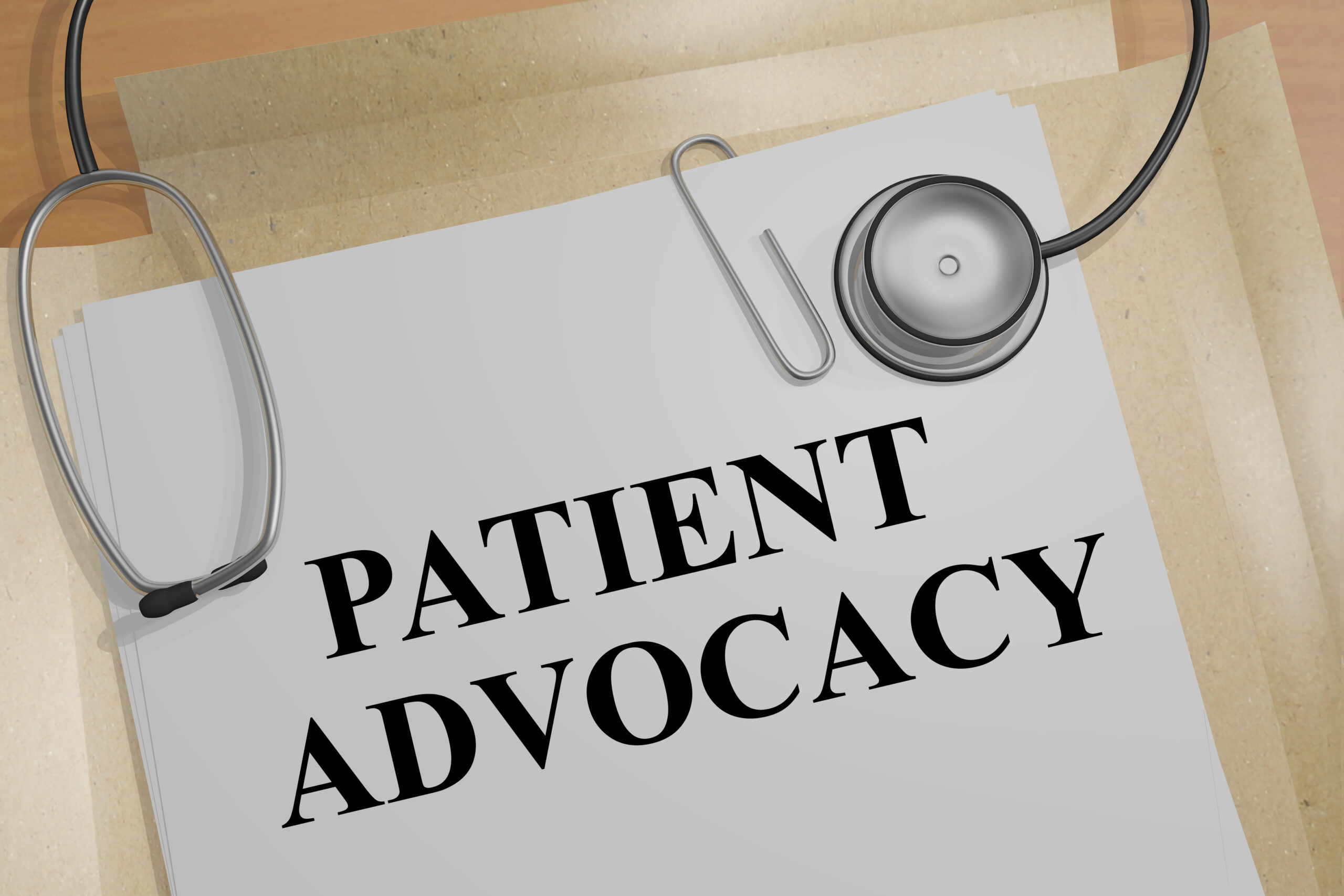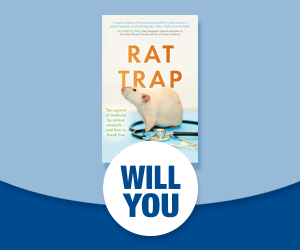
How patient advocacy groups can help speed innovation of new treatments
Many people live with debilitating conditions and life-threatening diseases for which there are no treatments and often they are in the terrible position of having to wait for the scientific advances to reach the market, even though these patients lack the luxury of time.
A recent opinion piece by Margaret Goldberg, President and Chief Operating Officer of the Christopher & Dana Reeve Foundation suggests that novel partnerships between patient advocacy groups and pharmaceutical and medical device companies are emerging as one of the driving forces behind the creation and accelerated development of products that are fit for purpose and of real benefit to patients.
These relationships can accelerate the rate of progress by creating an understanding that speeds and better directs drug and therapy development by allowing companies to draw on the deep knowledge and personal connections of patient advocacy groups. They know what’s important to patients and what will provide the biggest impact in their lives. Those with lived experience of disease or disability inform the creation of products that are fit for purpose by contributing input all along the way, from research and development to market rollout. These expanded partnerships are a win-win-win for patient advocacy groups and companies and, most of all, for the people waiting for scientific advancements to improve their lives. While strongly supportive of such initiatives, there are potential opportunities for exploitation of such relationships which may lead to patient groups, unwittingly or otherwise, promoting new drugs so it is pertinent that these partnerships are subject to relevant checks and balances. The creation of patient advocacy teams within pharma and guiding principles of engagement, such as that seen at GSK, would alleviate such concerns.
Related: The history of patient engagement in drug discovery; How drug developers are embracing patient advocacy; How regulatory agencies are collaborating with patients; James Lind Alliance.

